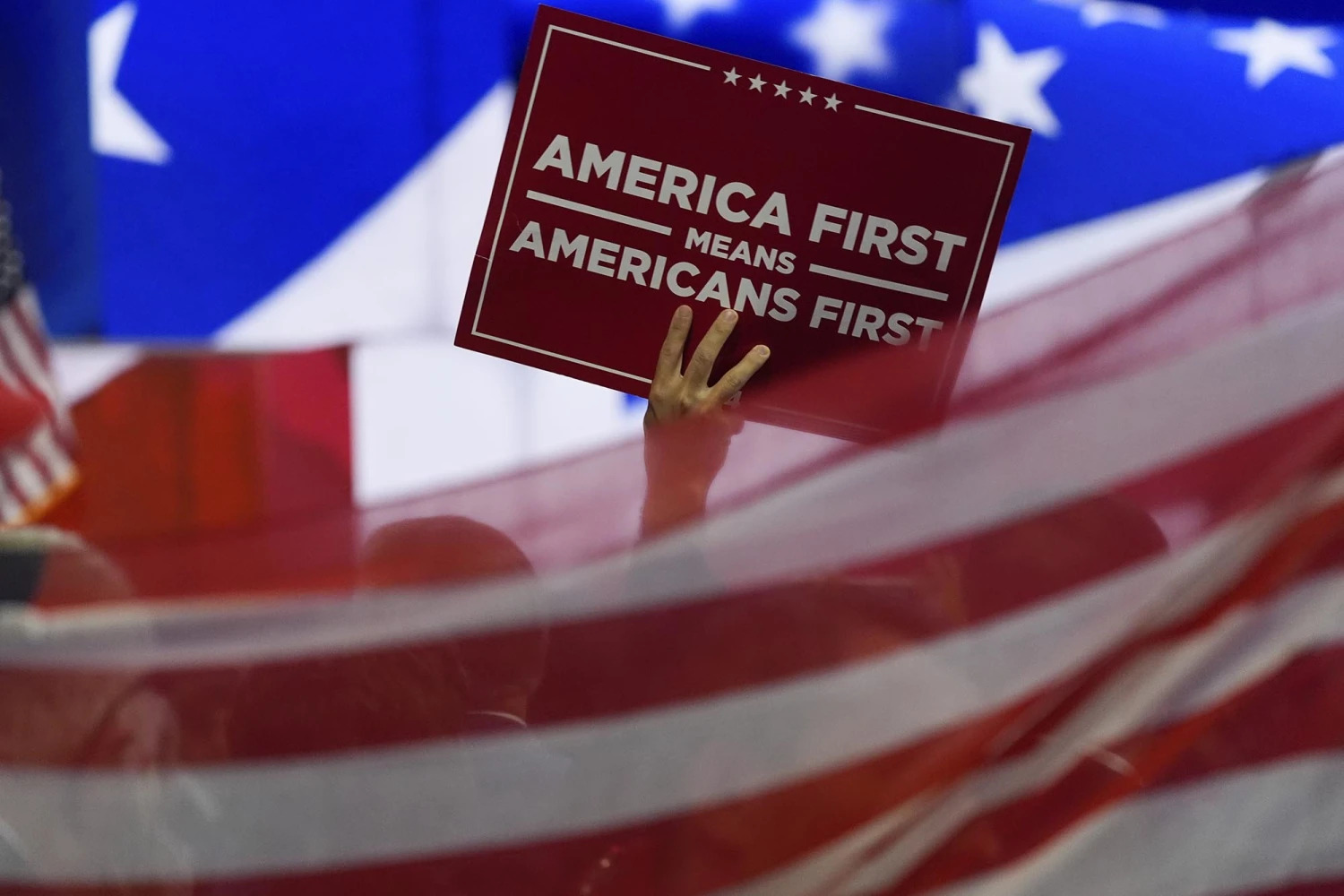
Warwick Powell, Adjunct Professor at Queensland University of Technology
Dec 22, 2025
In the waning days of 2025, the United States unveiled its National Security Strategy (NSS), a document that reads less like a blueprint for global dominance and more like the confessions of a fading hegemon. Penned in the shadow of economic strains, industrial atrophy, and military overstretch, the NSS trumpets “America First” while subtly shifting the burdens of empire onto allies.
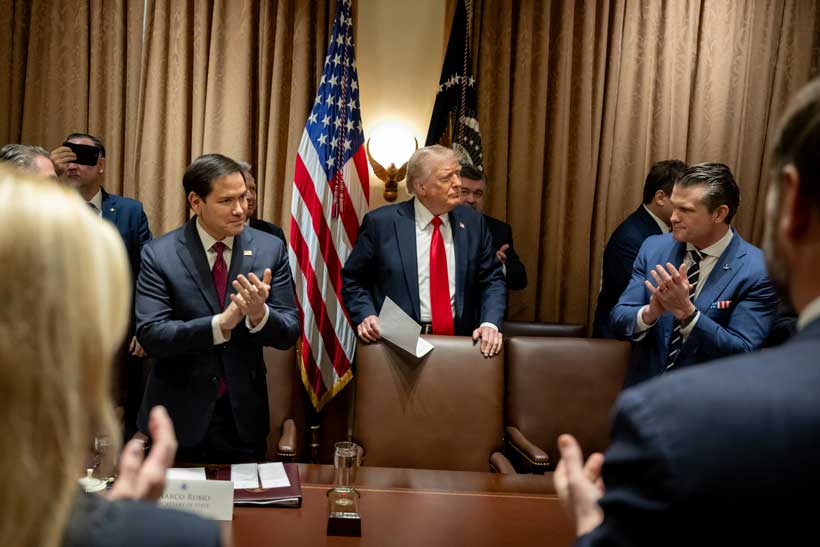
Stephen Holmes, Professor at New York University School of Law, Berlin Prize Fellow at American Academy in Berlin
Dec 10, 2025
The new US National Security Strategy is not, in any meaningful sense, a strategy. A strategy connects means to achievable ends. What President Donald Trump’s White House published last week is something else: a 33-page confession that this administration does not believe in the future – and therefore sees no point in investing in it.

Dan Steinbock, Founder, Difference Group
Dec 10, 2025
Last week, the Trump administration released its new national security strategy. It was quickly condemned by the neoconservatives — perhaps because it is more realistic about multipolarity.
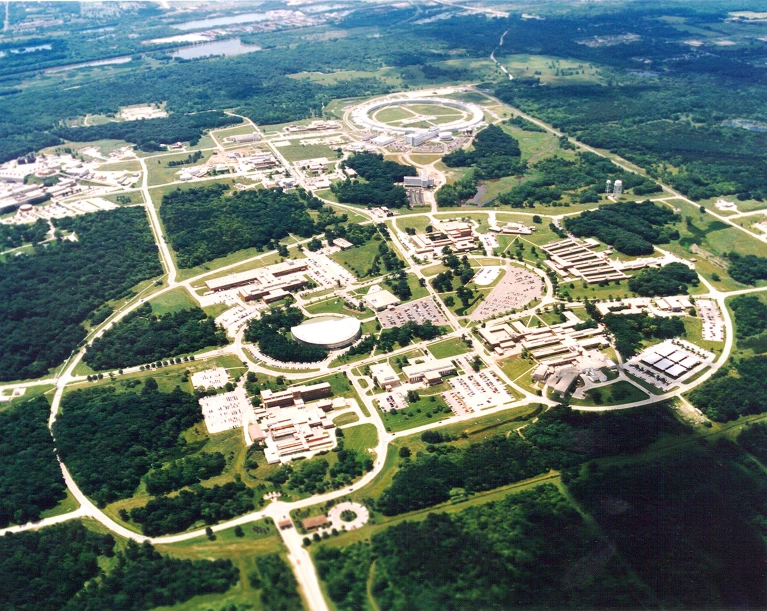
Li Yan,, Director of Institute of Sci-Tech and Cyber Security Studies, China Institutes of Contemporary International Relations
Dec 10, 2025
The success of the Manhattan Project was the result of specific historical conditions. Its model of concentrating resources to achieve a single technological breakthrough doesn’t fit the characteristics and competitive landscape of the AI era.
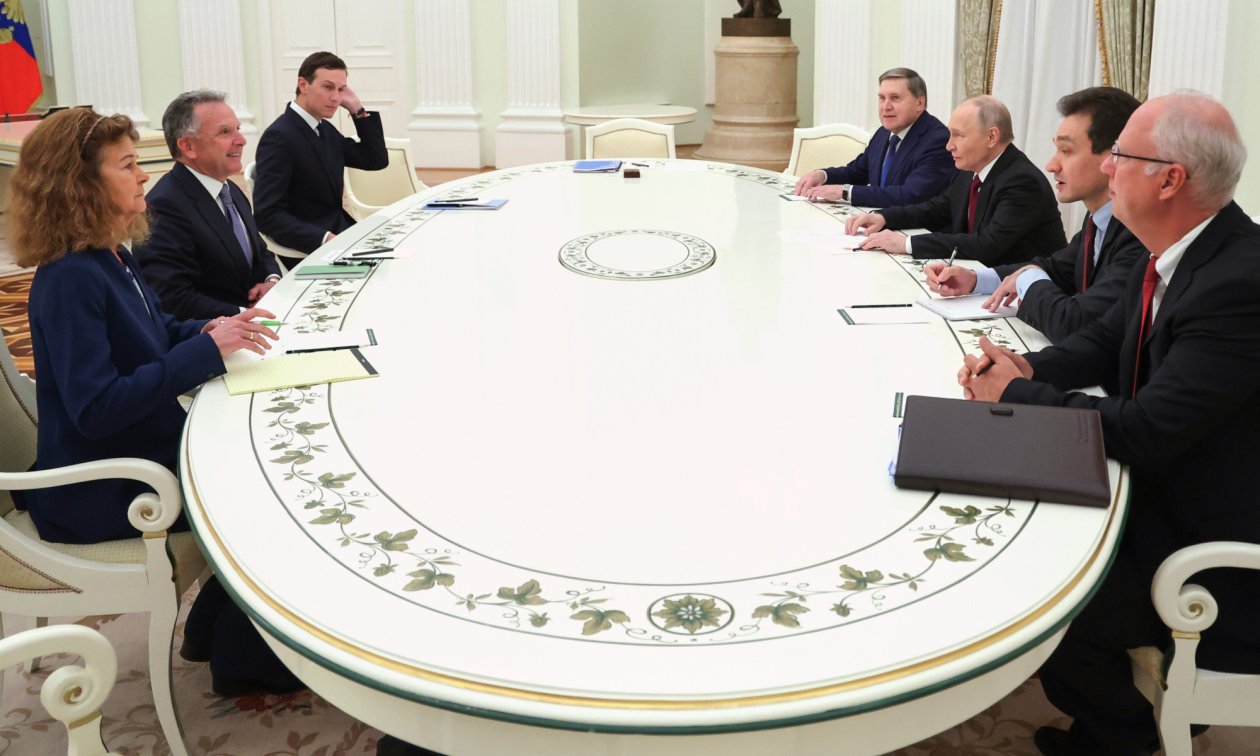
Xiao Bin, Deputy Secretary-general, Center for Shanghai Cooperation Organization Studies, Chinese Association of Social Sciences
Dec 09, 2025
Negotiations on Ukraine’s peace plan reveal more than technical differences. They show a calculation by all parties related to the cost of war, the capacity to endure over time and the sequencing of strategic priorities.
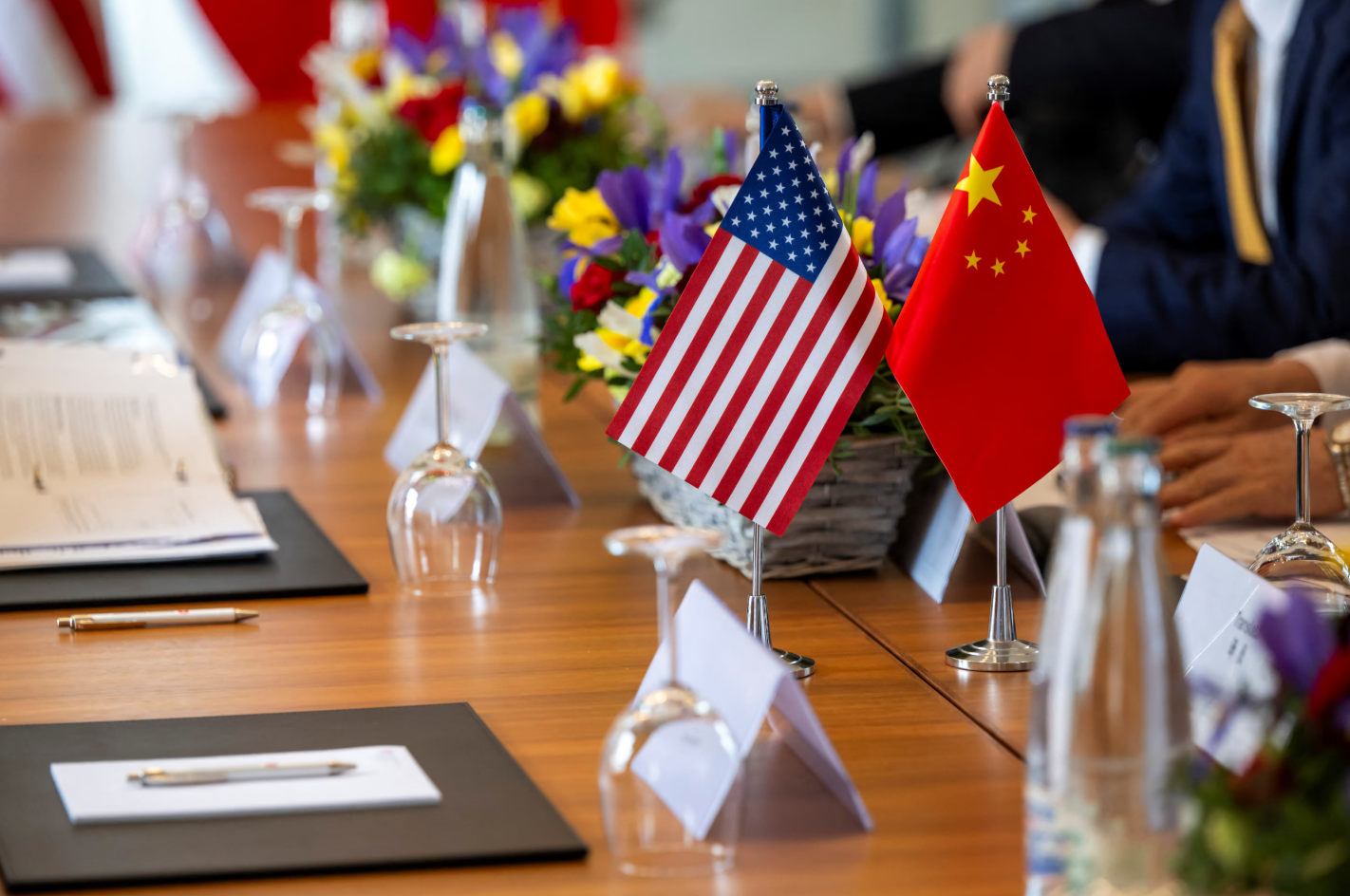
Zhang Tuosheng, Principal Researcher at Grandview Institution, and Academic Committee Member of Center for International Security and Strategy at Tsinghua University
Dec 02, 2025
China and the U.S. must avoid both the Thucydides trap and the Cold War trap. This is not only in their strategic interest but also that of other countries in the region and around the world. Both sides must make major efforts jointly and in a sustained manner.

Ghulam Ali, PhD, Monash University, Australia
Oct 28, 2025
Advanced technologies, especially artificial intelligence (AI), semiconductors, and quantum computing, have emerged at the heart of most nations’ national strategic planning. China also developed national plans for technological breakthroughs. However, unlike most other countries, China’s current plans are heavily influenced by unprecedented US export curbs on acquiring technology. These steep and targeted export curbs are intended to prevent China from acquiring high technologies to maintain the US monopoly. They started during the first term of US President Donald Trump (2017-2021), continued during the Biden administration, and intensified since Trump’s second term.

Dan Steinbock, Founder, Difference Group
Oct 24, 2025
The fragile ceasefire in Gaza reflects accelerating recalibration in the Middle East, as U.S. military maneuvers are giving way to economic development promoted by the Arab states, China and the Global South.
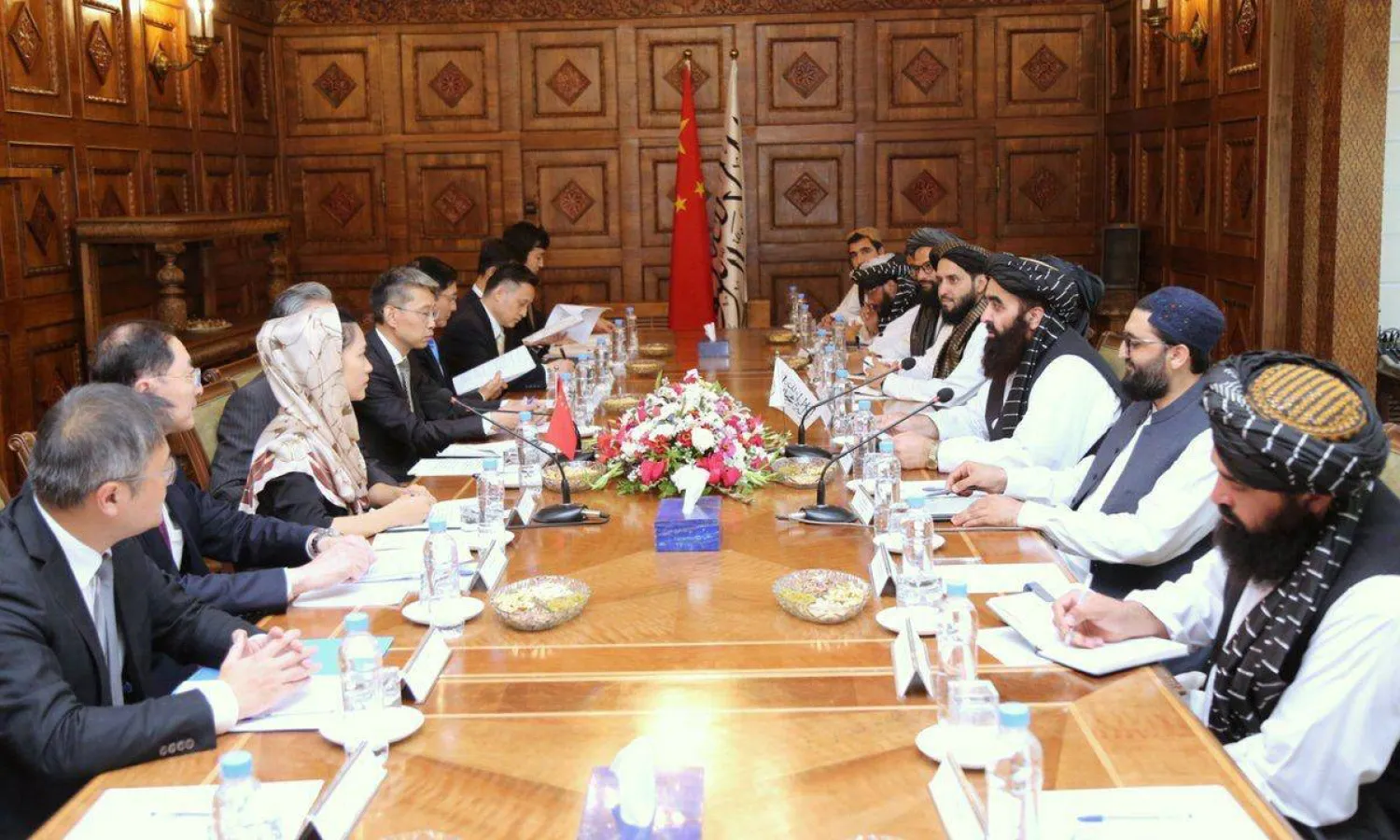
Richard Weitz, Senior Fellow, Hudson Institute
Oct 24, 2025
Recent developments warrant a senior China-U.S. dialogue regarding Afghanistan, beginning with the upcoming meeting between the Chinese and U.S. presidents in Seoul.
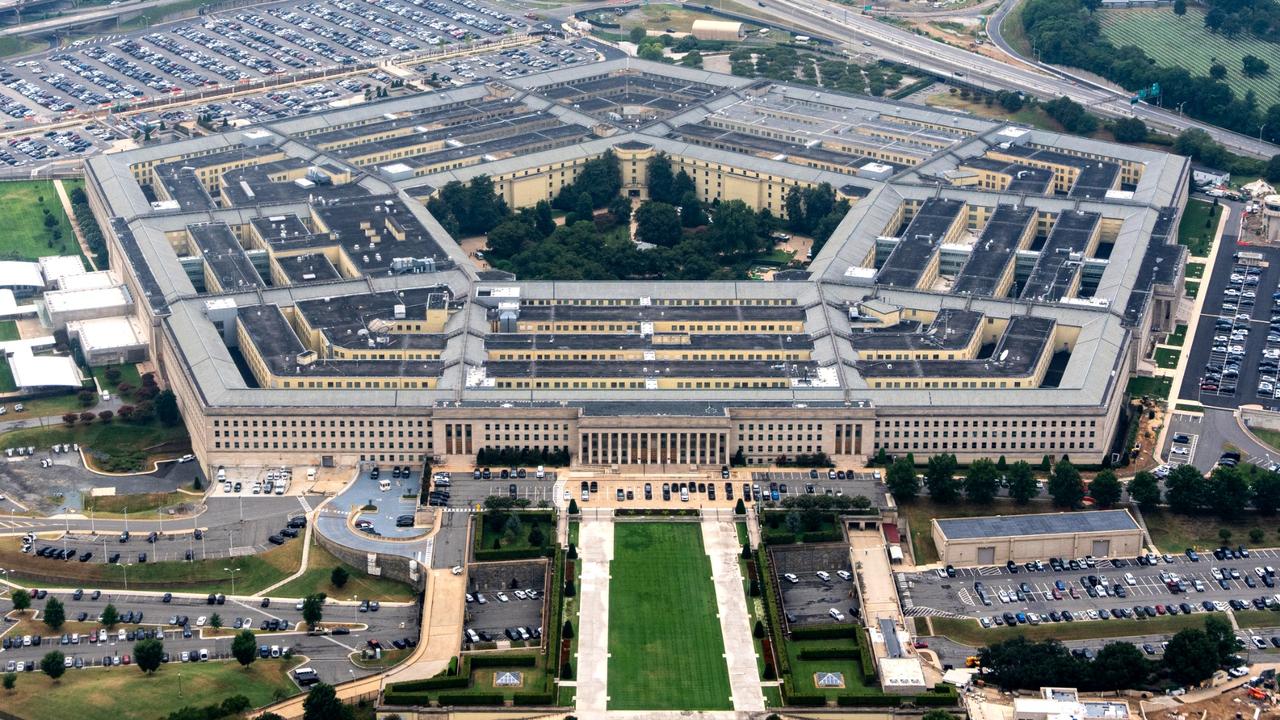
Guo Xiaobing, Director of the Center for Arms Control Studies, China Institutes of Contemporary International Relations
Oct 22, 2025
The Trump administration’s emphasis has shifted toward homeland security and the security of the Western Hemisphere. At the same time its deeply contradictory and confused mindset on Taiwan is dangerous and could lead the military astray.
Back to Top

- China-US Focus builds trust and understanding between the U.S. and China through open dialogue among thought leaders.
- Our Offerings
- Topics
- Videos
- Podcasts
- Columnists
- Research Reports
- Focus Digest
- Stay Connected
-
Thanks for signing up!
- Get the latest stories from China-US Focus weekly.